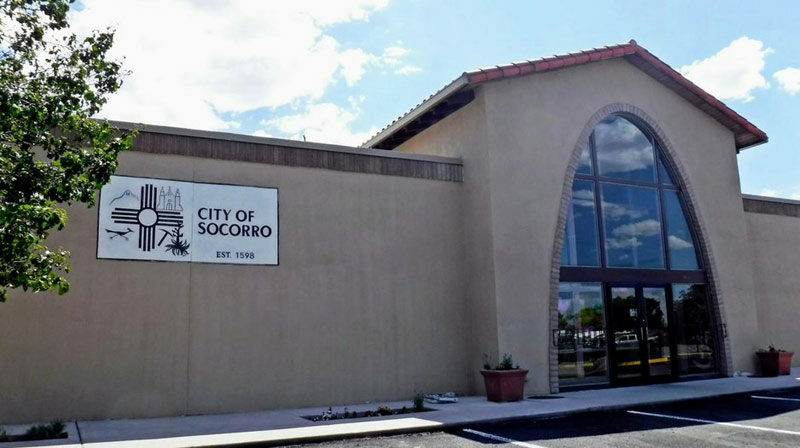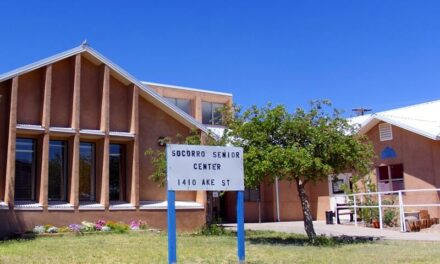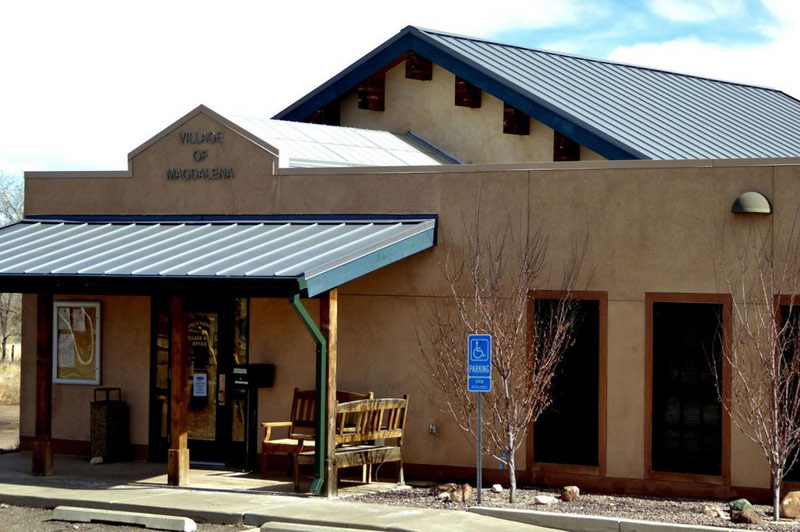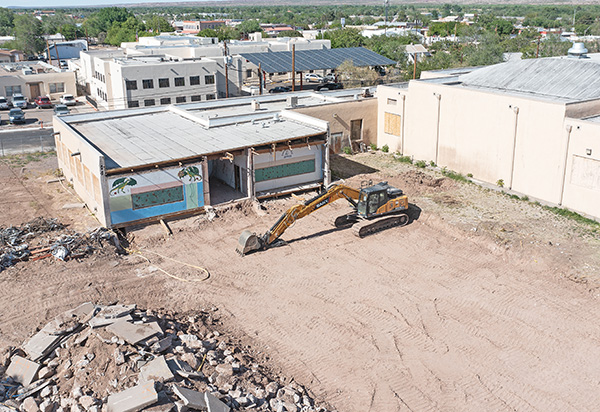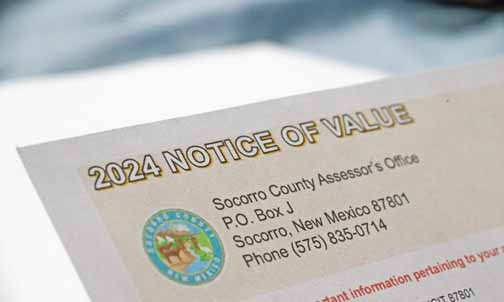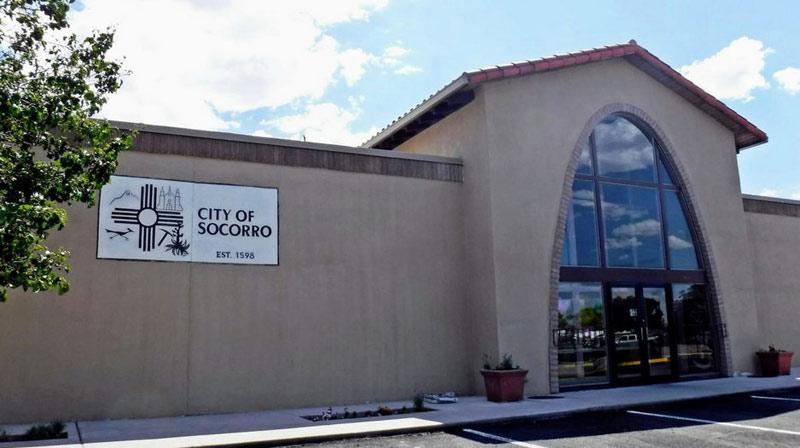A deal is likely to be forged between the City of Socorro and Socorro Electric Co-op (SEC) next month for electric services.
The kicker … it won’t be long term and it won’t be in the form of an ordinance.
Instead, the city indicated it was only interested in a month-to-month agreement and nothing more.
SEC Director of Communications and Public Affairs Jerrid Williams was in attendance to follow up on a request for a franchise ordinance to be placed on the city council’s agenda. “We received an explanation on how the process works,” Williams said. “So I’d like to ask that the process be started.”
Mayor Ravi Bhasker told those in attendance, the city hasn’t received complete answers to the questions asked by the city. “I specifically asked about the money that was borrowed (by SEC) and how much of that money was spent in the City of Socorro. I have not received an answer to that and that’s why I’m not recommending it to the council.”
The city is not giving up pursuing its own electric utility. Bhasker said “We’ve already gotten a price and we’ve already got a business. And right now … we’re looking at financing. The cost is about $15 million and that includes a substation that would serve the city.”
Bhasker also referred to the continuing high cost of electricity from SEC, which he noted is twice as high as PNM’s costs.
Financing will be the key to the city’s project moving forward. Later in the meeting, the council voted to enter into an agreement with International Center for Appropriate and Sustainable Technology (ICAST). ICAST will help the city pursue various grants and incentive opportunities to reduce the cost of a solar utility project for Socorro.
While doing research for the solar project, the ICAST also will look for grant opportunities for developing the city’s electric grid.
While the city continues to pursue the industrial park as part of its grid, Bhasker did note it’s not going to happen overnight. Thus, the city council will be presented extending the franchise on a month-to-month basis, as it continues to roll out its own electric grid.
Again, Bhasker said financing will be the key to the project. “We’ll have Ruby (Lopez) calling into the New Mexico Finance Authority to see what kind of interest rates are available,” he said. “We’re looking at getting the best rates possible – we don’t’ want to be losing money.”
As a side note, Bhasker noted, when the city does borrow money from the USDA for a project the city can tell you exactly how much money it spent on a sewer project. “We have to give them an engineering report and tell them how we plan to spend the money. I’m responsible to the citizens of the City of Socorro.”
On a final note, Bhasker said he was “sympathetic” to extending the SEC’s franchise agreement, which expires in May. But only on a month-to-month basis. “I don’t have a problem with that. We will continue doing we have in the past, but in May when the franchise agreement is terminated, I’m going to suggest the council do this in the form a resolution not an ordinance,” said Bhasker who assured SEC customers in the city, the council was not going to turn off the switch to their access to electricity.
The City of Socorro wouldn’t be the first municipality to move away from Tri-State, SEC’s supplier.
When LaPlata Co-op in Durango, Colo., recently announced its departure from Tri-State, Tri-State’s credit rating dropped from A- to BBB+.
“When LaPlata was asked why they were leaving, they acknowledged they were doing it for the best interest of the community,” said Bhasker, noting LaPlata was tired of sending money to Tri-State only to see it used in other communities rather than their own.
“Tri-State is in trouble. They’re going to have to borrow money, which means they’re going to increase the cost of electricity to each of the co-ops that are left,” Bhasker said.
Williams said he couldn’t comment on what’s happening with other co-ops, he was at the meeting representing SEC’s membership. “I don’t work for Tri-State. I don’t work for LaPlata. I’m only here to find out what’s in the best interests for Socorro Electric Co-operative and our members. I’m here advocating for our members. And that does include everyone one of you (council members), whether you feel like we’re against you or you’re against us. I’m here to help our membership.”
“I don’t feel like we’re against you,” said Councilmember Mary Ann Chavez-Lopez. “I think we just want answers because, where I work, we must have a five-year plan. When we get grants, they must be earmarked. So, I find it hard to believe that you can’t give us an answer. Because I know in the loans or grants that we get, they must be earmarked for each project – no matter what county they are in. So, I know you can get that information.”
Again, Williams invited council members to sit down across the table with the SEC Trustees and SEC General Manager Joseph Herrera to discuss what is going on.
Socorro City Council did sit down with SEC’s Trustees in the past, according to Bhasker. “We did have a good conversation. We had a good talk, but there was a lot of questions back and forth and a lot of things I felt we didn’t receive answers to.”
For now, Bhasker told Williams, the city will more than likely only commit to a month-to-month agreement while it continues to pursue its own electrical grid.
